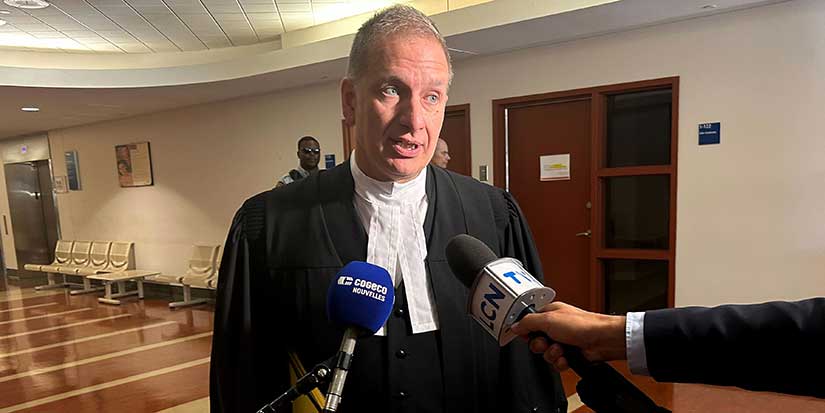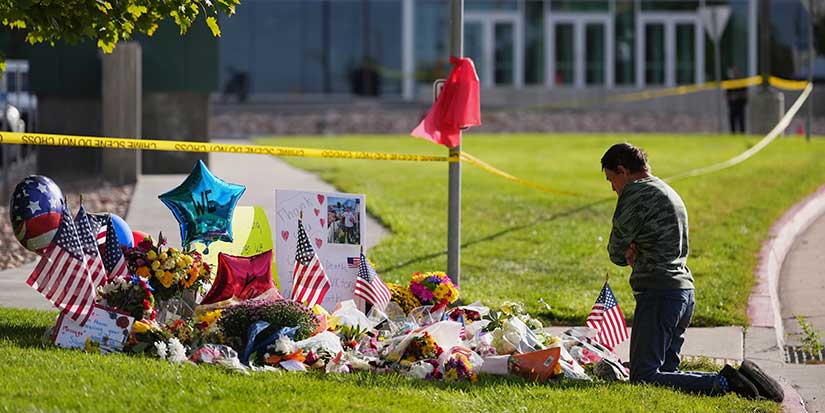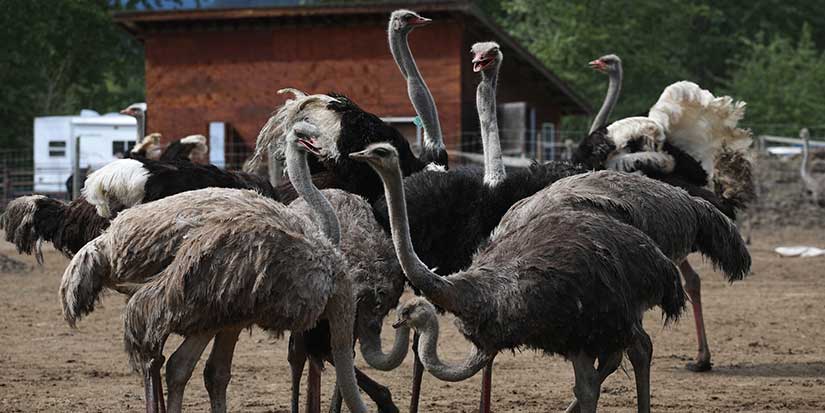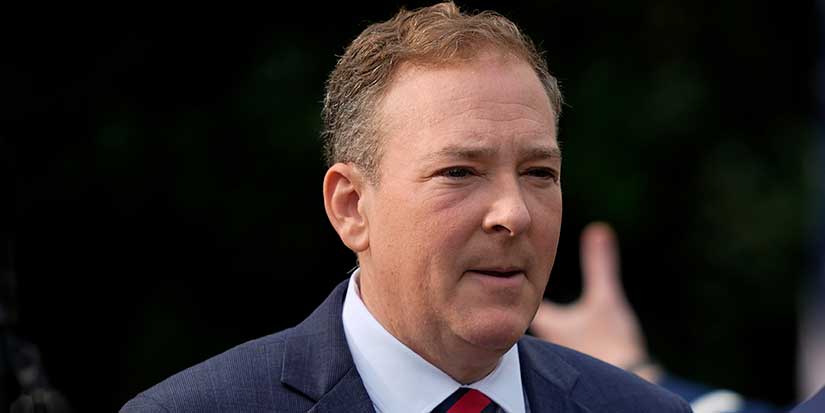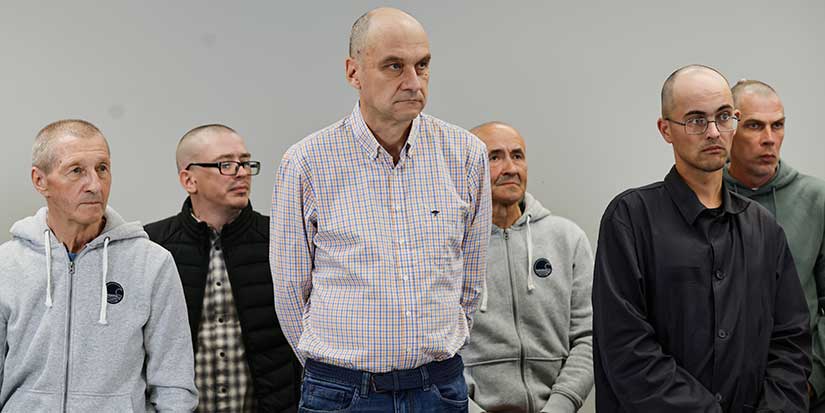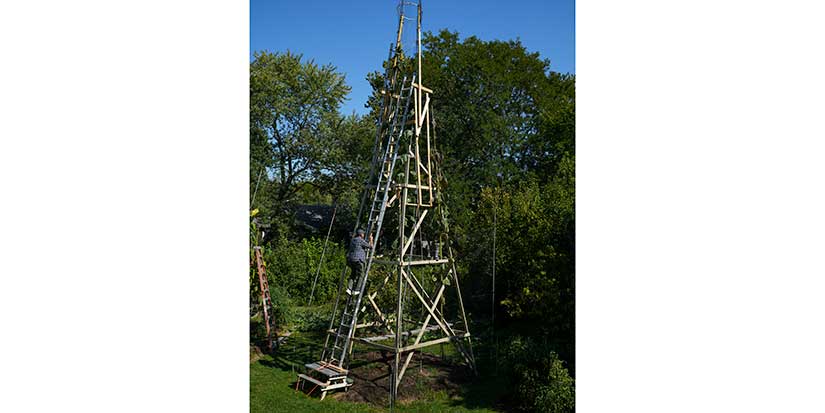Latest News
Masumi Mitsui: decorated veteran
Published 2:50 PST, Wed November 8, 2017
Former Vancouver and Richmond resident Masumi Mitsui fought for Canada in the First World War, and fought for human rights when he came home.
His grandson, David Mitsui, is the president
of the National Association of Japanese Canadians. Retired from teaching at the
University of Alberta, David remembers his grandfather well.
“Every Remembrance Day he would put on his
uniform, Royal Canadian Legion beret and medals, and have a private ceremony at
home.”
After coming to Canada in 1908 from Japan,
Masumi went first to Victoria then to Richmond where he worked on a farm. On
Sept. 1, 1916 he enlisted with the Calgary Highlanders.
“When
World War One broke out, the Japanese Issei (first generation immigrants)
wanted to enlist in Vancouver but the B.C. government wouldn’t allow it because
of prejudice. 227 Issei traveled to southern Alberta and enlisted there,” says
David.
Masumi went over to the war in Europe early
in 1917.
“He fought in Vimy, in Hill 70 and
Passchendaele and other major bat- tles towards the end of war,” says David.
For his service, Masumi received the King
George V British War medal, the Victory medal, and a military medal for
bravery.
His grandson elaborates, “He got the military
medal for conspicuous action in taking over a Lewis gun and killing a lot of
the enemy, helping wounded soldiers and basically leading his men as part of
the victory on Hill 70.”
After David’s grandfather was honourably
discharged in April 1919, he came home to Vancouver to marry his wife, Sugiko.
Together, they had four children including, David’s father.
Then, Masumi and other Japanese Canadians in
the Vancouver area, who had put their lives on the line for Canada, started to
organize. They built a cenotaph of remembrance in Stanley Park with a lit flame
atop. They formed Canadian Legion Branch No. 9 for Japanese Canadian Veterans.
And they worked to get the right to vote in the country they’d volunteered to
fight for.
In 1931, Masumi as president of the legion,
along with four or five others, went to Victoria to lobby for the franchise.
“They were successful by one single vote in
the legislature, but that was only for veterans of World War One,” says David.“The
first thing the contingent did after getting the right to vote in ’31, when
they returned to Vancouver, they insisted on a ceremony at the cenotaph built
in 1920. They paid homage and respect to all the solders that didn’t return
from Europe. It was their way of saying this gift was for you as well.”
The bombing of Pearl Harbor by the Japanese
military changed everything.
At first, Canadians of Japanese ancestry just
had to register as enemy aliens. Then they had to turn in all radios, then cars
and trucks. Finally, families were separated, women and children to one camp,
husbands to another, and teenaged boys to work camps.
Grandson David says, “His [Masumi’s] farm was
confiscated and sold by the BC government. He did not receive any money from
the sale. It was used to pay for his family’s incarceration.”
While most men were sent to work camps, away
from their families, David says, “My grandfather’s military background made him
a security guard at Greenwood.” It meant the family could stay together.
Masumi died just months short of his 100th
birthday in 1987.
“When the will was read, he gave the medals
to me,” David says.
















